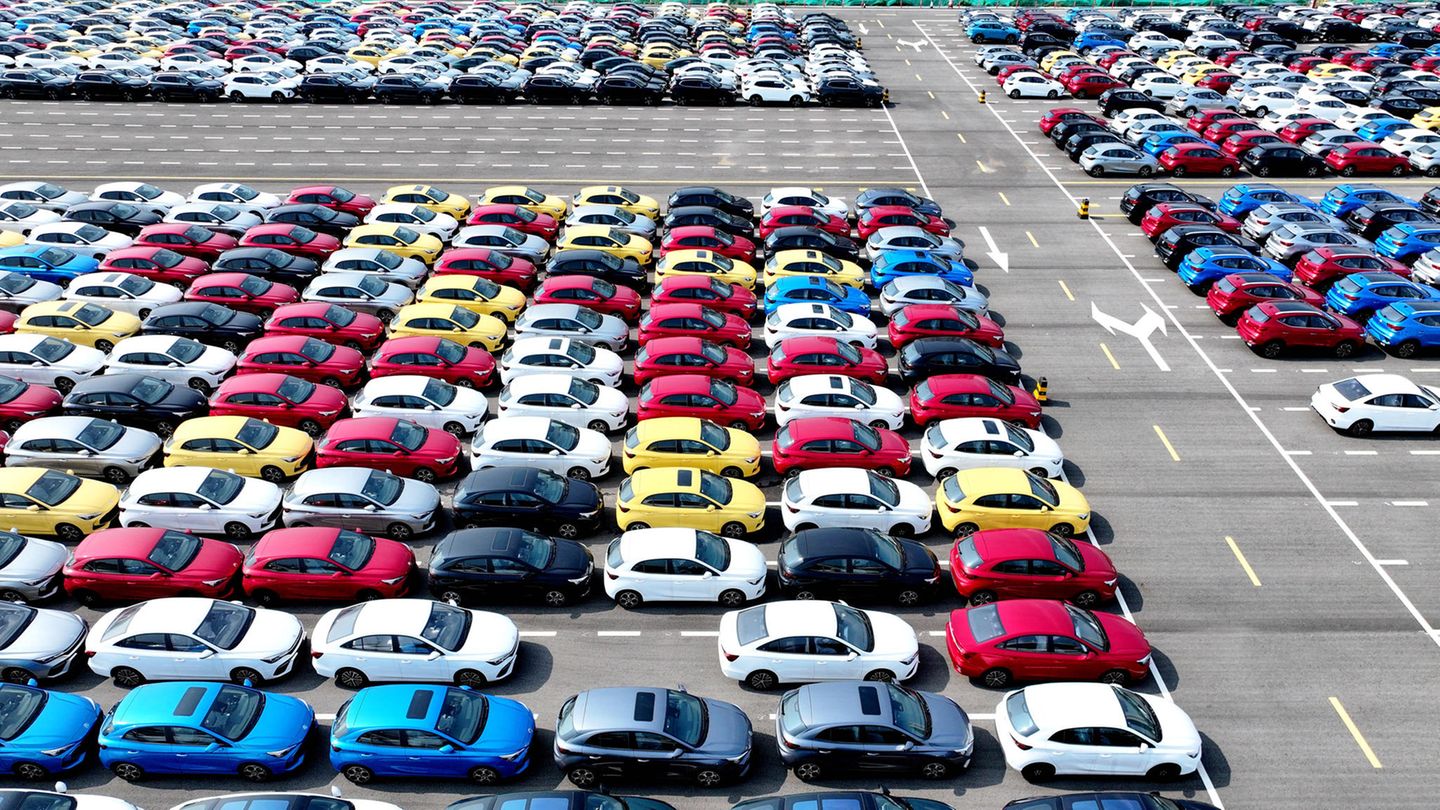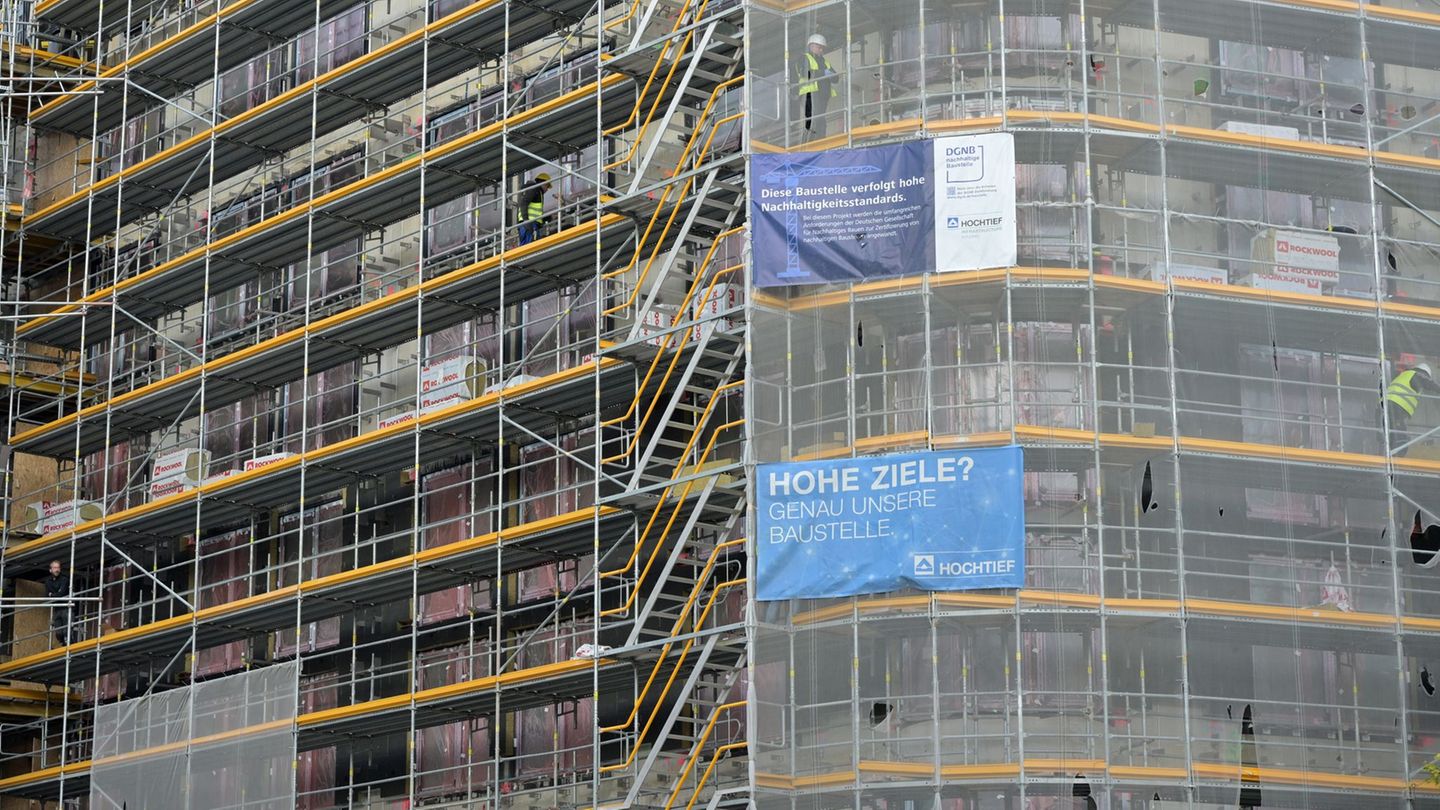Beijing is massively supporting its electric car industry financially. The EU finds this unfair and wants to counteract it with tariffs. But that is not going to happen for now. Why?
The EU will not impose any provisional additional tariffs on Chinese electric cars. It was actually planned that in certain cases high countervailing tariffs of up to 37.6 percent would be paid retroactively because, according to the EU, electric cars from China benefit from subsidies that distort competition and the EU industry is therefore at risk of damage.
According to the EU Commission, Chinese electric cars are usually around 20 percent cheaper than models manufactured in the Union. However, as the Commission has now announced, the legal requirements for retroactively imposing tariffs are not met.
According to a Commission official, the reason for this is that no material damage to EU companies has yet been identified. At present, there is only a risk of damage, as has become apparent in recent months.
The level of tariffs depends on subsidies
The authority also announced that the tariff rates had been slightly adjusted. In most cases, they were slightly reduced. Specifically, a provisional punitive tariff of 17.4 percent was to apply to the manufacturer BYD, 19.9 percent to Geely and 37.6 percent to SAIC. These rates have now been reduced to 17.0 percent, 19.3 percent and 36.3 percent. Tesla will therefore receive an individual tariff rate of nine percent.
Companies that cooperate with the EU will be charged 21.3 percent (originally 20.8), while uncooperative companies will be charged the maximum rate of 36.3 percent.
How high the tariff rate ends up also depends on the level of subsidies from which the individual companies benefit. Geely produces, among other things, the electric Smart models #1 and #3 as well as the Volvo EX30. SAIC builds the MG4, which is popular in Germany and which came in second place among electric cars in the registration statistics from Flensburg in May, just behind the VW ID.3.
According to BMW, a joint venture between BMW and Great Wall Motors in China has now been included in the circle of cooperating companies and is now subject to a lower tariff rate. The German carmaker described this as logical. In principle, it, like the Association of the Automotive Industry (VDA), is critical of tariffs on electric cars from China. According to the VDA, the measure further increases the risk of a global trade conflict. The trade measure is also not suitable for strengthening the competitiveness of the European automotive industry.
Final decision still pending
The decision as to whether punitive tariffs will actually have to be paid at some point is to be announced by the end of October. However, the Commission must put this decision to a vote among the 27 EU states. If a majority votes against it, it cannot introduce the countervailing tariffs. There is also hope that a diplomatic solution can be found with Beijing.
Car manufacturers and other affected parties now have the opportunity to request hearings with the Commission and submit their comments within ten days. The Commission will examine these and then submit its proposal for a final decision to the Member States.
Source: Stern




